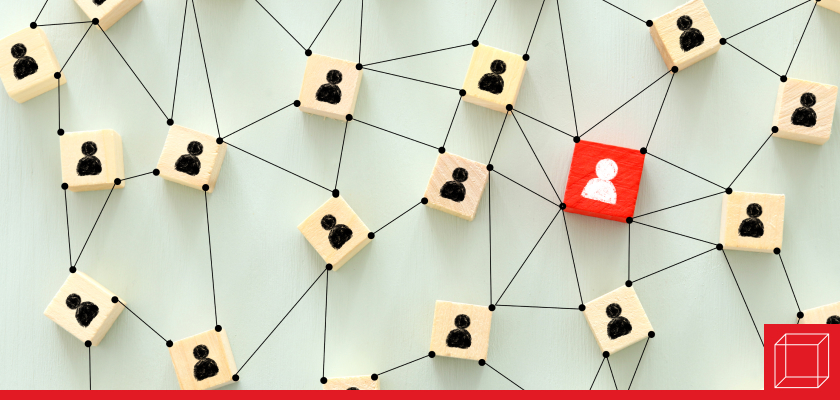Workplace Bullying: Not your Average Playground Bully
Remember the playground bully from days long past? Maybe they called you a name and teased you about something.

Today’s playground bully has grown up but is bringing those dysfunctional behaviors to your workforce. The term workplace bullying refers to repeated, unreasonable actions of individuals directed towards an employee, which is intended to intimidate and creates a risk to the health and safety of the employee. It often involves a misuse of power to intimidate, degrade, offend, or humiliate a worker. Workplace bullying undermines an individual’s right to dignity at work and can create feelings of defenselessness. Examples of workplace bullying can include unwarranted or invalid criticism, being shouted at or humiliated, exclusion or social isolation, blame without factual justification, being sworn at, and excessive monitoring. The study of workplace bullying has led to discussions of civility and coping with the rise of incivility in the workforce. It is a real problem impacting more than 157 million American workforce, with “42.3 out of 100 workers experiencing or witnessing incivility within the past month” (Stanchak).
What does the research show? The business case for civility in the workplace is championed by the Society of Human Resource Management (SHRM). The SHRM Civility Index study found that 90% of respondents noted that incivility hurts collaboration, 78% say it affects talent retention, 52% say it affects brand reputation, 80% note its impact on absenteeism, and 92% agree that incivility has negative effects on productivity. Millennial workers, the largest generational cohort with 39.4% of the total workforce, is especially impacted by the impact of incivility. A study of Millennial employees’ report expecting to experience incivility an average of 2.4 times a day and more than 50% of respondents polled said they believe incivility will get worse in the next few years. This is especially relevant as the Millennial workforce is expected to make up 75% of the global workforce by 2025.
Impact of Incivility |
90% say incivility hurts collaboration |
78% say incivility affects talent retention |
52% say incivility affects brand reputation |
80% say incivility impacts absenteeism |
92% say incivility has negative effects on productivity |
Workplace bullying and civility has become such a hot topic that researchers have even developed taxonomy to better understand it. They found “common archetypes of bullies including the ‘Screamer’ who is associated with yelling and fist-banging and the equally dangerous ‘Schemer’ who uses Machiavellian plotting, gaslighting, and smear campaigns to strip others of resources or push them out” (Paslova, Carucci and Stokes). These archetypes can use hostile and instrumental behaviors to humiliate or intimidate employees. While neither has legitimate power, both can lead to dire consequences as they result in decreased individual productivity and organizational outcomes. Incivility in the workplace creates barriers so that employees are more likely to filter much of what they say and less likely to speak their mind and share honest thoughts without fear at work.
This leads to workplace incivility becoming a business imperative, as uncivil workplaces lead to job dissatisfaction and turnover. SHRM research highlights the need for workplace civility with direct links between civility, satisfaction, and retention. They found that “workers who rate their workplace as uncivil are three times more likely to be dissatisfied with their job and two times more likely to leave their job in the next year” (SHRM). While job dissatisfaction varies from individual to individual, recent levels of job dissatisfaction reveal a culture of worker disengagement and unhappiness as millions continue to leave their jobs. The Gallup State of the Workplace 2024 poll found that 62% of workers were not engaged and 15% of workers were actively disengaged. This has resulted in $8.9 trillion lost in global GDP due to low engagement. If things could possibly get worse, researchers from Baylor University confirm that “people who endure incivility at work often take that stress home with them” (LinkedIn) This can negatively create a ripple effect which can impact their family and marriages. That’s not good for anyone.
It’s time to have the real discussion to develop strategies to eliminate workplace incivility and practice behaviors that create dynamic and productive workplaces where all can thrive.
Praslova, Ludmila, Carucci, Ron and Stokes, Caroline. How Bullying Manifests at Work — and How to Stop It. https://hbr.org/2022/11/how-bullying-manifests-at-work-and-how-to-stop-it?registration=success
SHRM Civility Index. www.shrm.org
Stanchak, Jesse. Research Shows Its Time To Take Action on Civility. https://www.shrm.org/enterprise-solutions/insights/research-take-action-on-civility
Fast Company. Why civility at work is good and good for business. https://www.fastcompany.com/91110689/why-civility-at-work-is-good-and-good-for-business
LinkedIn. The Case for Civility in the Workplace. https://www.linkedin.com/pulse/case-civility-workplace-dr-lewena-bayer



